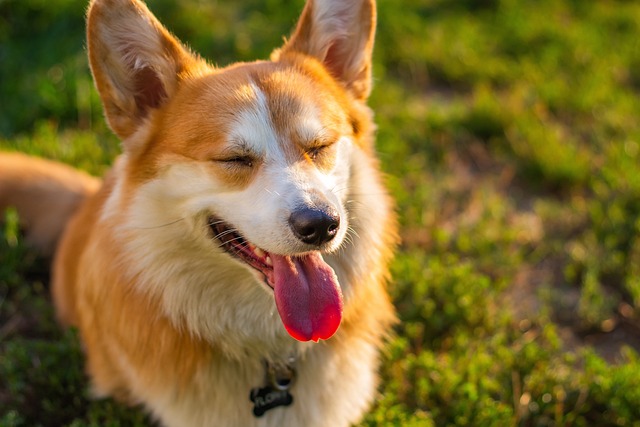
What is the easiest hunting dog to train?
Anyone new to hunting with dogs knows the struggle—you want a partner that listens, adapts, and picks up skills without endless frustration.
We’ve all been there. Your jeans are covered in slobber, your hands look like you’ve wrestled a thorn bush, and you’re muttering, “I’ve yelped, I’ve redirected, I’ve given him a thousand toys… nothing works!” If you’re at your wit's end in your Austin apartment or suburban Ohio home, feeling like you’ve truly “tried everything” to stop the biting, take a deep breath. You’re not failing; you’ve just likely only tried the first layer of solutions. The secret often lies less in what you're doing in the moment of the bite, and more in what’s happening in the 23 hours and 55 minutes of the day surrounding it. Puppy biting is rarely just a training issue; it's usually a symptom of a deeper need—most commonly, a need for more sleep, more mental enrichment, or a different kind of play.
The single biggest game-changer for exasperated owners is often enforcing mandatory naps in a crate or pen. A wildly overtired puppy is a bitey, uncontrollable land shark, much like an overtired toddler having a meltdown in a grocery store. Puppies need 18-20 hours of sleep per day. If yours is biting frantically, chances are they’re running a massive sleep deficit. Structure their day with one hour of awake time followed by two hours of naptime. The second pillar is rethinking play. If your main interaction is a hands-on wrestling match on the floor, you are literally teaching them that human body parts are toys. Instead, use a long tug toy to keep teeth at a distance, and invest in food-dispensing puzzles and snuffle mats that mentally exhaust them. A mentally tired puppy is a calm puppy.

This shift in strategy from reacting to managing aligns perfectly with the modern, science-based approach to animal welfare that is the standard across the U.S. and EU. Resorting to aversive methods like holding their mouth shut, pinning them, or using bitter sprays directly on your skin out of sheer frustration is a serious cultural misstep. Not only can it damage your relationship and create fear, but in many communities, such actions could be reported to local animal welfare authorities as concerning behavior. Your responsibility extends into every aspect of care. Before you sign up for that puppy socialization class at your local training center in Portland or Miami, ensure your vaccinations, particularly the legally mandated rabies shot, are complete and documented. And on those walks you take to tire him out, your civic duty is clear: always have a bag ready to clean up. Forgetting to scoop the poop in a shared courtyard or park isn’t just a minor oversight; it’s a fineable offense and a surefire way to alienate your entire neighborhood.
For apartment dwellers, this holistic approach is non-negotiable. A constantly overstimulated, under-sleeping puppy is a noise complaint waiting to happen. Using a crate for enforced quiet time is your best tool for maintaining peace. When you do venture out, your community etiquette is paramount. Keep your pup on a short leash to prevent them from jumping and mouthing on unsuspecting neighbors in the elevator, and always ask for consent before any interaction. By addressing the root causes of the biting—ensuring enough sleep and mental stimulation—you move from endlessly reacting to strategically preventing, finally saving your skin and your sanity.

Anyone new to hunting with dogs knows the struggle—you want a partner that listens, adapts, and picks up skills without endless frustration.

Ever seen a Labrador retriever effortlessly fetch game in the fields or a German Shorthaired Pointer lock onto a scent with laser focus? Behind those impressive skills lies extensive training—and a price tag that varies widely.

That sinking feeling of coming home to find your favorite chair leg gnawed beyond recognition or a new cushion ripped apart is a rite of passage for many new dog owners

Teaching your dog to nuzzle their nose into your palm isn't just a cute party trick—it's a foundation for communication, trust, and even practical safety cues.

Coming home to a scene of devastation—a shredded couch cushion, gnawed table legs, your favorite shoes in tatters—is a uniquely frustrating experience for any dog owner

You’ve mastered the basics: your pup can sit, stay, and come most of the time in your quiet living room. But then you’re at a bustling farmers' market in Portland or a crowded park in Chicago